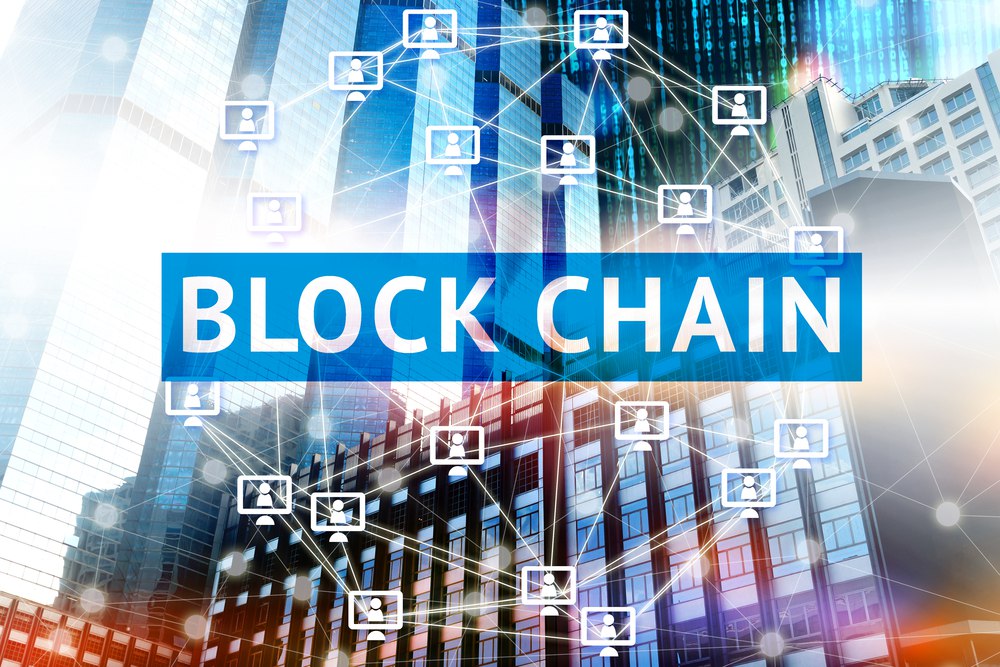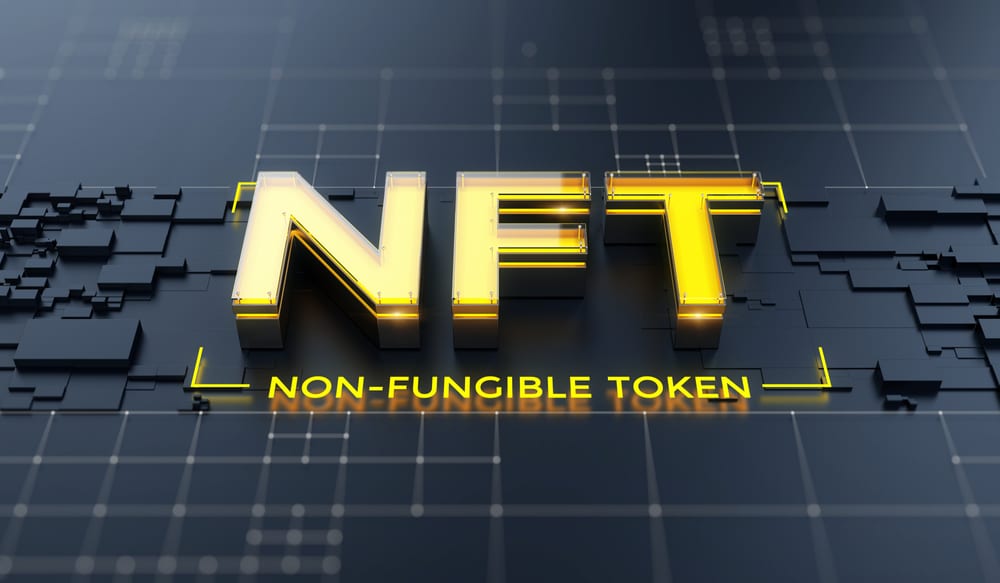What is DeFi’s Impact on Finance? A Comprehensive Guide to Decentralized Finance

Recent advancements in the financial sector have been significantly influenced by Decentralized Finance, commonly referred to as DeFi. This innovative financial model operates on a decentralized blockchain framework, facilitating financial transactions without necessitating intermediaries such as traditional banking institutions.
The growing interest in DeFi can be attributed to its potential to transform the conventional financial landscape. It offers a more accessible, transparent, and secure approach to financial services. This article aims to delve into the significance of DeFi and impact on contemporary financial perspectives.
Fundamental Understanding: The Essence of DeFi
DeFi, a term encapsulating Decentralized Finance, is an emergent domain within cryptocurrency and blockchain technology.
Rooted in decentralization, DeFi enhances blockchain’s decentralizing attributes by incorporating novel functionalities and rendering financial services typically under centralized bodies’ purview. DeFi encompasses smart contracts, pivotal in powering decentralized applications (dapps) and protocols. Initially, many of these applications emerged on the Ethereum platform, where a substantial portion of the ecosystem’s total value is concentrated.
DeFi is characterized by its permissionless and modular nature, enabling developers to innovate atop existing applications. This sector encompasses services such as lending, investment, trading, and market-making, governed collectively rather than by singular or multiple central entities.
DeFi solutions are constructed on diverse blockchain platforms, forming ecosystems where participants interact in peer-to-peer. These interactions are supported by distributed ledger technology and smart contracts, which ensure the system’s integrity. DeFi’s infrastructure functions are based on predefined rules, negating the necessity for intermediaries like banks.
This system allows users to acquire loans by depositing specific cryptocurrencies into a digital vault, typically a smart contract, as security in exchange for another asset. The collateral remains secured until the repayment of the loan.
Benefits of DeFi in the Digital Economy
DeFi’s ascent in the digital economy offers numerous benefits, significantly altering global financial systems.
A key advantage of DeFi is its universal accessibility. Being permissionless and open-source, it extends financial services to anyone with internet access, regardless of geographical location. This breakthrough is particularly impactful for individuals in areas with limited traditional banking access, offering financial opportunities previously unattainable.
Additionally, DeFi operates continuously, around the clock. In contrast to conventional banks and trading platforms bound by specific hours, DeFi systems enable transactions at any time, ensuring an uninterrupted and efficient experience for users.
Eliminating intermediaries in DeFi not only expedites transactions but also reduces costs and, in certain instances, enhances security beyond human-operated systems.
Furthermore, DeFi champions financial autonomy, granting users complete control over their assets and eliminating reliance on third parties that may impose restrictions or control user funds. The inherent transparency of DeFi protocols further empowers users by allowing them to inspect the open-source code, promoting trust and accountability within the system.
Risk and Security Considerations in Decentralized Finance: Safeguarding Your Investments
Engaging in Decentralized Finance (DeFi) carries inherent risks and potential benefits, much like any investment venture. Comprehending these risks and implementing measures for asset protection is crucial.
A primary concern in DeFi is the susceptibility of smart contracts to flaws. As the foundation of DeFi applications, these contracts are susceptible to errors and security breaches. Such weaknesses could result in substantial financial losses if exploited. It is vital, therefore, to invest in DeFi initiatives that have been rigorously audited for smart contract integrity by esteemed organizations.
Additionally, the absence of insurance in DeFi presents a notable risk. In contrast to conventional finance, where deposits frequently have insurance coverage, DeFi platforms typically lack such safeguards. Consequently, users may face a total loss of their investments in case of hacking or smart contract malfunctions. Nonetheless, some DeFi initiatives are adopting decentralized insurance models to offer a layer of security to their users.
The reliance on over-collateralization in DeFi is another area of risk. Users are often required to deposit more than they wish to borrow, exposing them to the risk of asset liquidation during market downturns. Monitoring the value of collateral and maintaining a sufficient collateralization ratio is therefore essential.
Mitigating these risks involves thorough research, investment diversification, and sound risk management. Conduct due diligence before investing, spread your investments to reduce risk exposure, and invest within your financial limits.
Regulatory Hurdles and Prospective Developments in DeFi
The evolving DeFi sector presents significant regulatory challenges, mainly due to its rapid growth and slow regulatory framework development. This has resulted in a legal gray area with potential risks for users and obstacles to broader DeFi adoption.
Governments globally strive to balance fostering innovation and ensuring consumer safety in regulating DeFi. The current absence of definitive regulatory guidelines presents challenges. Still, there is a growing acknowledgment of DeFi’s potential by regulators, and efforts are underway to establish appropriate regulatory structures to promote its responsible expansion.
Looking ahead, DeFi is poised to continue revolutionizing the financial industry. Its promise to democratize financial service access, improve operational efficiency, and enhance financial independence represents a significant departure from traditional financial models.
Nevertheless, for DeFi to fully realize its potential, it must overcome challenges related to scalability, user accessibility, and security. Developments in blockchain technology, particularly Layer 2 solutions, are expected to resolve scalability issues. Enhancing user interfaces will make DeFi more approachable for general users.
As DeFi matures, a trend toward integration with traditional finance systems is anticipated. DeFi is likely to complement, rather than replace, existing financial structures, leading to a more inclusive and efficient financial ecosystem.
DISCLAIMER: It's essential to understand that the articles on this site are not meant to serve as, nor should it be construed as, advice in legal, tax, investment, financial, or any other professional context. You should only invest an amount that you are prepared to lose, and it's advisable to consult with an independent financial expert if you're uncertain. To obtain more information, kindly examine the terms of service and the assistance and support resources made available by the issuing or advertising entity. Our website is committed to delivering accurate and unbiased news, yet it's important to note that market conditions may change rapidly. Also, be aware that some (but not all) articles on our site are compensated or sponsored.








